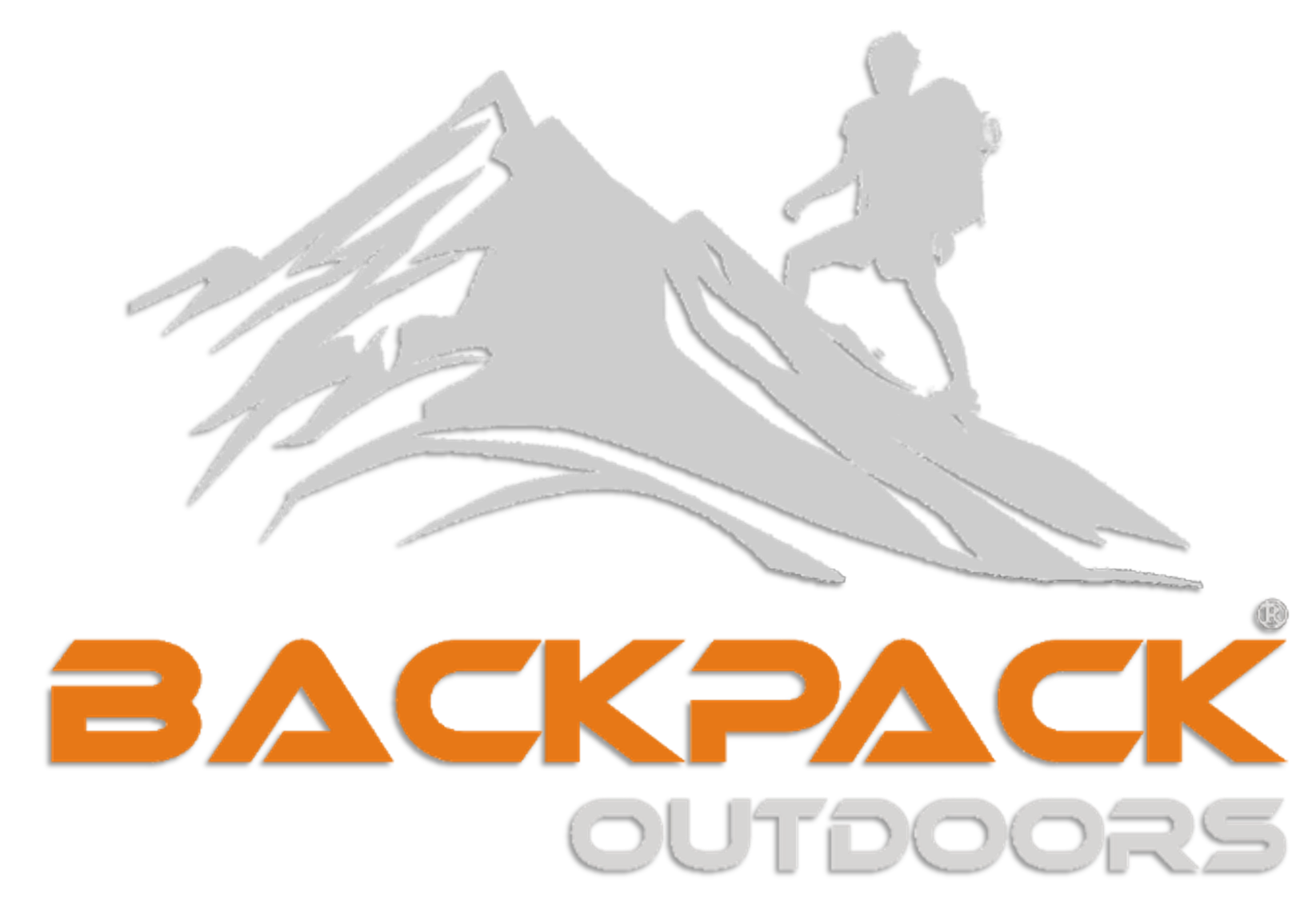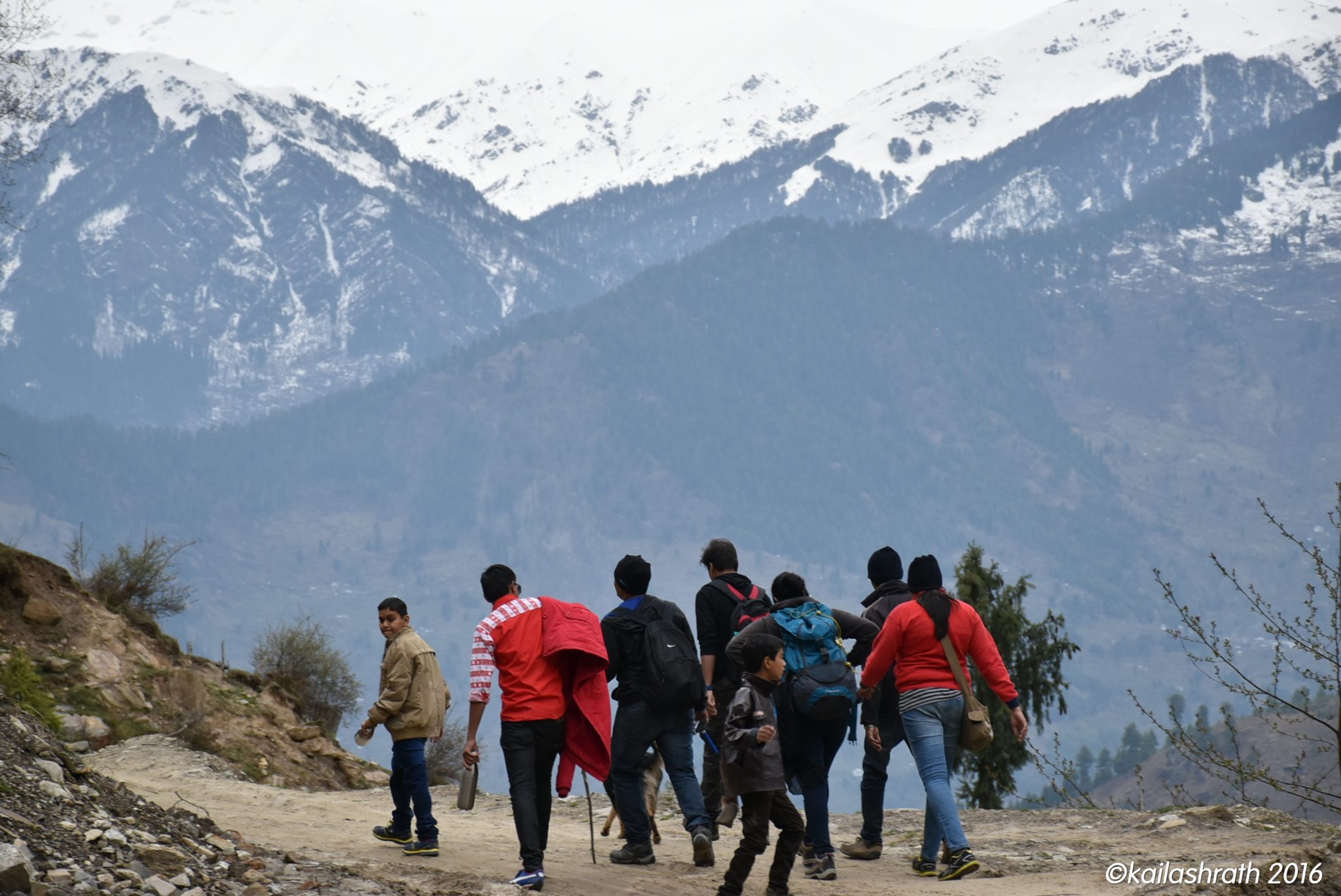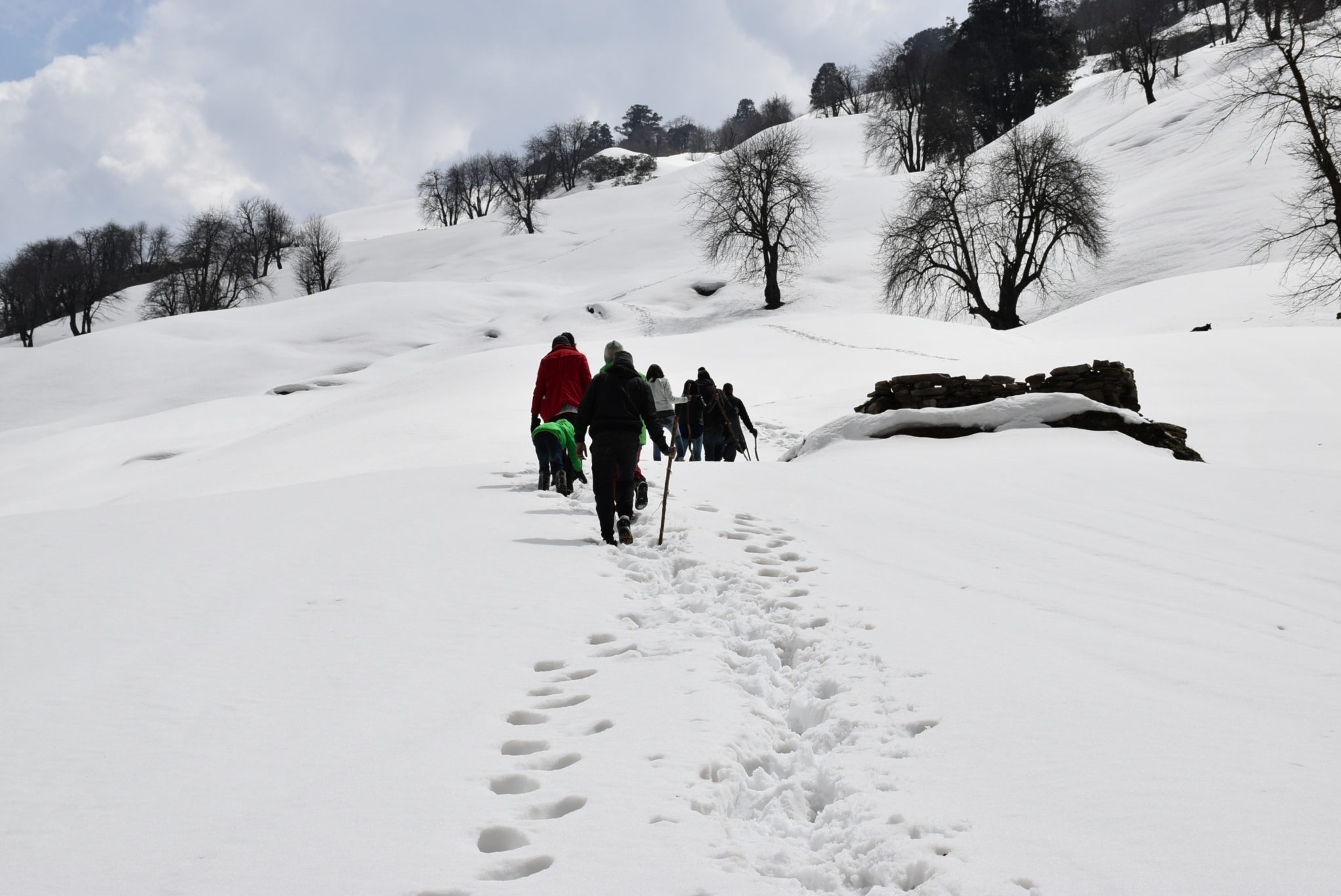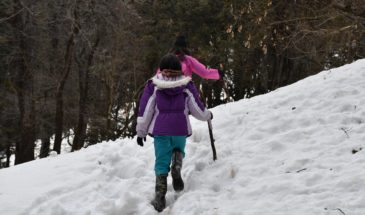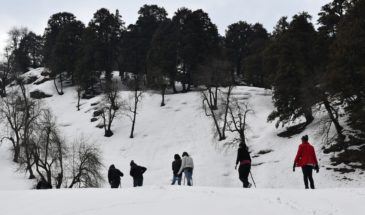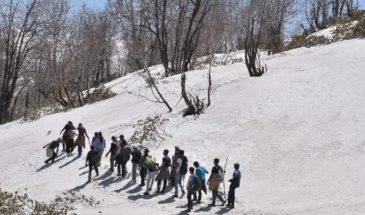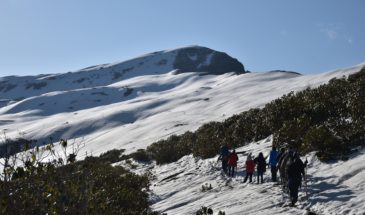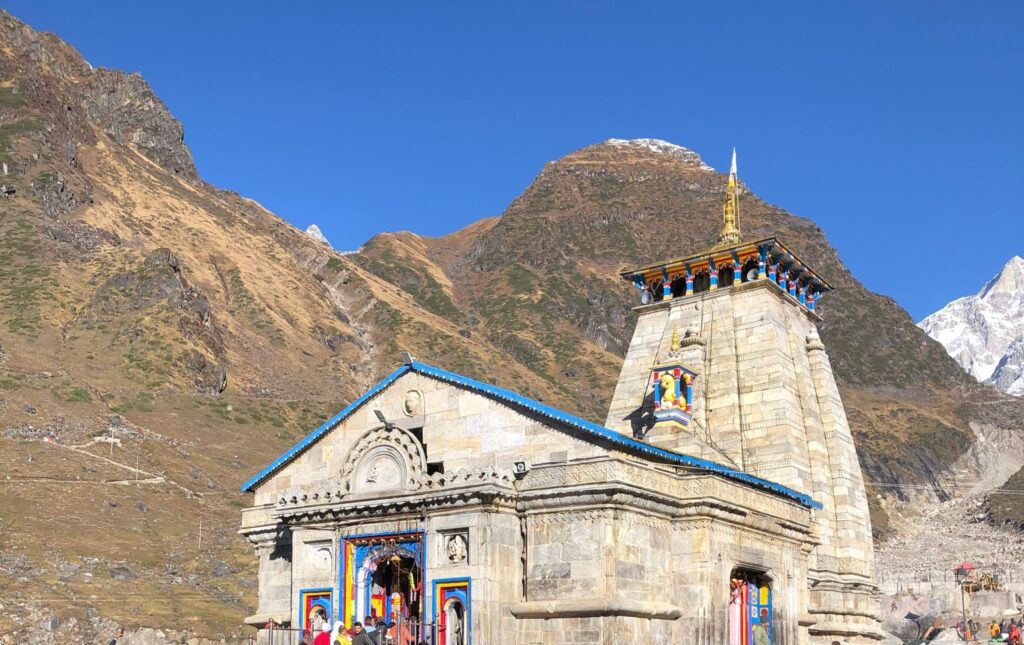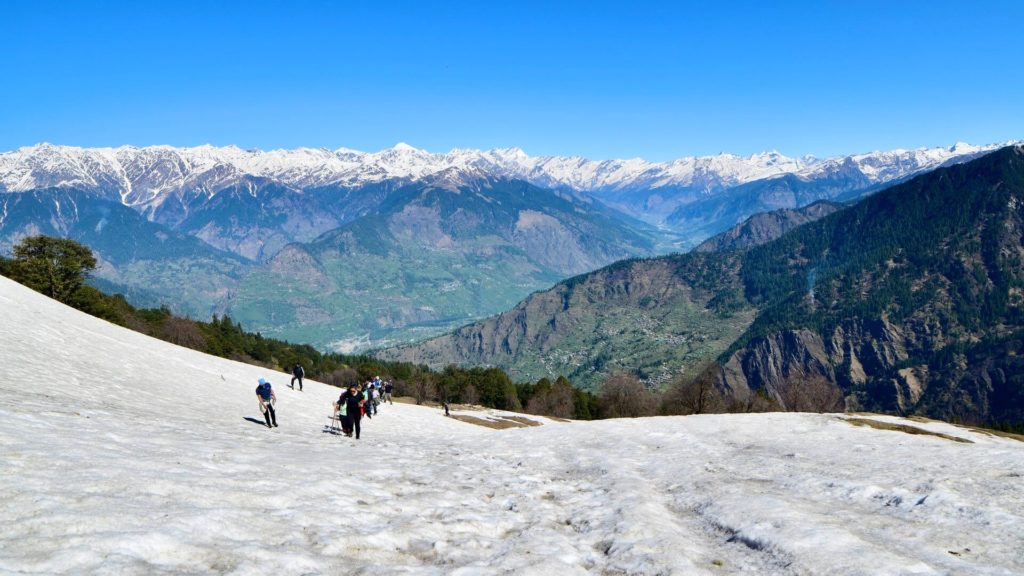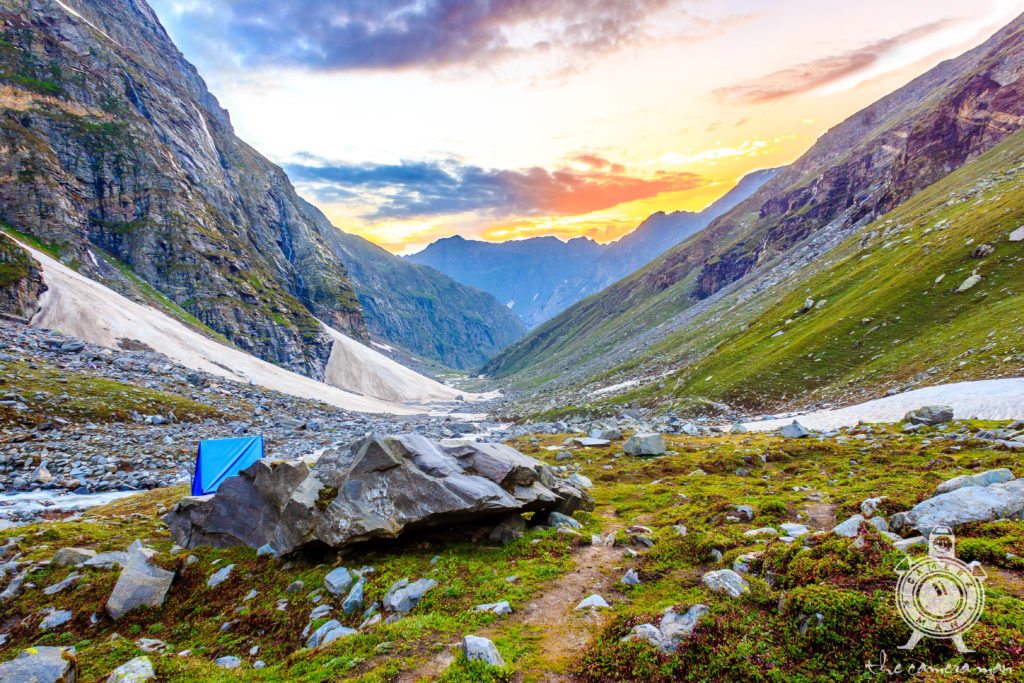- Overview
- Trip Outline
- Trip Includes
- Trip Excludes
- Gallery
- Booking
- FAQ
Chandrakhani Pass trek has one of the most fascinating & striking views.
Itineraries
Day 1
Pune – Delhi – Manali
Departure to Delhi from Pune. Reach Delhi by afternoon. Board the bus for Manali at 4 pm. Overnight Journey to Patlikuhal.
Bus type : Volvo AC semi-sleeper
Day 2
Date : July 8, 2020
Arrival in Rumsu [Manali] Basecamp, Reporting
Overnight Journey from Delhi. Reach Pathlikula early morning & head towards Rumsu which is the base camp.
This will be a rest day. Breakfast will be served in the dining hall, followed by the registration, documentation and tent allocation. An orientation will be given to the group of Eco trekkers, giving them a detailed insight on the proceedings of the next five days in the wilderness of the bountiful Himalayas. Following orientation, a short walk to the Pulag falls from the Rumsu Village, where participants will learn about rocks found around at a subordinate level and will return for a siesta. In the evening, Ice Breaking session around the campfire followed by dinner.
Day 3
Acclimatization and Adventure activity day
Wake up call and freshen up. Have breakfast and set out on a walk to the Chichogi Village to study about a Himalayan Village, their customs, architecture, food and way of life. Post lunch participants will have their adventure activity session where they will Rock Climb and Rappel down. Participants will be served an early dinner and will head to bed early for a fresh start the next day.
Day 4
Date : July 8, 2020
Trek to Naya Tapru
After breakfast all the trekkers will start their trek to Naya Tapru (2,800 meters). The trek route goes through some dense forest, full of pine, fir, oak, chestnut trees. There is an ascend for the jungle and takes around 4 to 5 hours to reach to Naya Tapru. We will have our packed lunch at Ghan Kulhadi. Ghan kulhadi is a large plain green meadow amidst the dense forest. Overnight stay in tents at Naya Tapru camp.
Day 5
Trek to Chaklani
After breakfast all the trekkers will start their trek to Chaklani(3,400 meters). The trek involves an easy ascend and will take around 3 to 4 hours. Chaklani offers amazing view of Manali valley. One can see many peaks like Ali Ratna, Friendship peak, Deo Tibba , Hanuman Tibba , Tiger Teeth and others. Overnight stay in tents at Chaklani camp site.
Day 6
Your Plan
After breakfast all the trekkers will start their trek to Chandrakhani Pass with their packed lunch. We will start the trek early by 6 AM. The highest point of Chandrakhani Pass is 3,660 meters. Just adjacent to the Chandrakhani Pass lies Dhana Kunnu Pass. The entire place is associated with the famous Jamdagini Rishi, one of the seven saptrishi. Once we make it to the top Overnight stay in tents at Chaklani camp site.
Day 7
Descend to base camp. Overnight at Rumsu base camp
After the breakfast all the participants will start their descend for Rumsu base camp. The descend route is the same as the ascend one and takes around 4 hours. Lunch at Ghankulahi while descending.
Certificate distribution will be held in evening. Overnight stay at Rumsu base camp.
Day 8
Drive to Manali and Departure for Delhi.
Post breakfast head to explore Manali. On the way participants can enjoy rafting on Beas river. Participants can visit Van vihar, Hadimba mata temple and shop some souvenirs at Mall Road. Departure to Delhi will be at 5.00 pm
Day 9
Reach Delhi & departure to Pune
Reach Delhi around 8-10 am & Departure to Pune.
- Accommodation in tents during the trek on sharing basis
- Veg meals while on trek
- Trekking equipment (Tents, Sleeping bags, Carry mats)
- Safety equipment
- Rucksack
- Gaiters
- Adventure Insurance
- Souvenirs from Backpack Outdoors
- Semi Sleeper Volvo Bus Tickets (Delhi to Manali and Manali to Delhi)
- Necessary permits
- First aid medical kits
- Qualified and experienced trek leader, guide, and support staff
- Backpack Outdoors Service Charges.
- Pune – Delhi – Pune Train/Airfare
- Meals in transit
- Bottled Water & food other than mentioned in the Itinerary
- Rafting and other activities on additional cost
- Backpack offloading charges
- Cost of Emergency & any other expenses occurring due to natural calamities or reasons beyond our control.
1. Trekking shoes: Carry water proof trekking shoes with good grip and ankle support. Do not carry sports shoes.
2. Three layers of warm clothes: Carry two or three-layer jackets, fleece jackets and a padded jacket.
3. Two/Three trek pants: Carry light cotton trek pants. Denim/jeans and shorts are not suitable for trekking.
4. Three t-shirts (collared/dri-fit): Full sleeved t-shirts that prevent sun burns on the neck and arms. Carry one or two dri-fit t-shirts.
5. Thermals: Carry thermals (top and bottom).
6. Sunglasses: Sunglasses are mandatory. There will be lot of snow on the trek and can cause snow blindness.
7. Cap: At high altitude, the sun is extra harsh so carry a cap to protect yourself.
8. Water proof hand gloves: Carry water proof gloves and avoid woollen gloves as they will get wet if you touch snow.
9. Socks (3-4 pairs) and a pair of woollen socks: Apart from two sports socks, you can take a pair of woollen socks for the night.
10. Headlamp/LED torch: Mandatory
11. Raincoat/Ponchos: At high altitudes, snowfall and rain are quite common and it’s mandatory to carry a poncho so that you don’t get wet. The trek will continue as planned even during rainfall.
12. Lunch box and water bottle: Every participant should have their personal lunch box and a water bottle[insulated type recommended].
